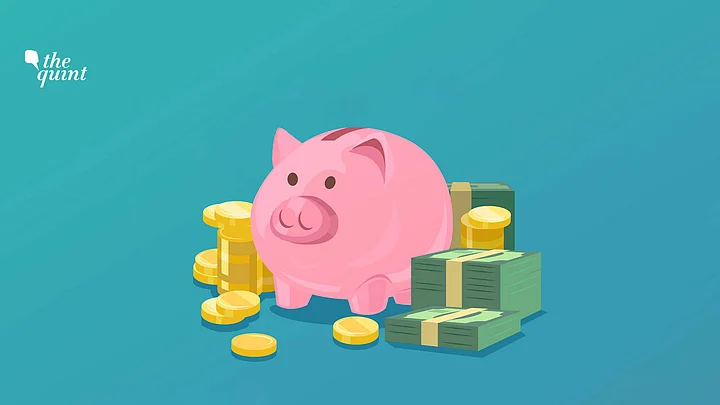In what is considered a relief for borrowers amid the coronavirus pandemic, the Finance Ministry on Saturday, 24 October, issued guidelines implementing waiver of "interest on interest" for six months.
The lenders must credit the amount/cashback to eligible borrowers by 5 November, the government said.
What is the cashback option? Who is eligible to get relief? Here's a short primer.
What the government’s cashback proposal?
As per latest guidelines issued by the Finance Ministry to the banks, the government has proposed that a cashback – which will be the difference between the compound interest and simple interest for a period of six months (March to September 2020) – will be provided to all borrowers with loans up to Rs 2 crore.
Wait, does this mean that the government will provide me money for my interest payment?
Not really. To break it down in simple terms, borrowers will still need to pay the simple interest. The government, on the other hand, will pay back the difference between compound interest charged during those six months (coronavirus lockdown) and simple interest.
How is this a relief then?
This would be a relief for borrowers as they would have to pay a contracted rate of interest on loans as compared to earlier.
Remember, the moratorium announced by the Reserve Bank of India was not a deferment of loan payment and not a waiver.
A petition in the Supreme Court argued that no interest should be charged during the moratorium, as ‘extreme hardship’ faced by people during pandemic.
The relief comes after the SC directed the government to come out with a plan for helping borrowers with interest rates.
Who is eligible to avail the cashback?
It is applicable for all borrowers – irrespective of whether they have availed the moratorium fully, partially or not at all.
“While making the calculation, repayments in the loan account during the period to be reckoned will be ignored. This will make the approach of the lending institution uniform for all borrowers, irrespective of whether they have fully availed or partially availed or not availed of the moratorium...." the government notification said.
To which loans will this waiver apply to?
The waiver scheme will be extended to those individuals and small businesses who have availed loans below Rs 2 crore. The categories that the waiver will apply to will include:
- Micro, small and medium enterprises (MSMEs)
- Education loans
- Housing loans
- Consuimer durable loans
- Credit card dues
- Auto loans
- Personal loans
- Consumption loans
To which lending institutions does this waiver apply to?
- Banking company
- Public sectior banks
- Co-perative baks
- Regional rural banks
It also applies to loans give by All India Financial Institution, which is a non-banking institution, among others.
Will the rate of interest change?
No. The rate of interest will be the same as mentioned in the loan agreement. It will be the same as prevailing on 29 February.
What about credit card dues? How will cashback be calculated for such dues?
In case of credit card dues, interest rate will be on the basis of weighted average lending rate (WALR) charged by the card issuer for transactions financed on EMI basis from 1 March, reported LiveMint.
So if banks credit cashback, how will they receive the payment?
Banks have to lodge reimbursement claims with the State Bank of India (SBI), which will function as the nodal agency for the scheme. The lending institutions will get funds via SBI after the latter evaluates the reimbursement claims.
(With inputs from LiveMint)
(At The Quint, we question everything. Play an active role in shaping our journalism by becoming a member today.)
